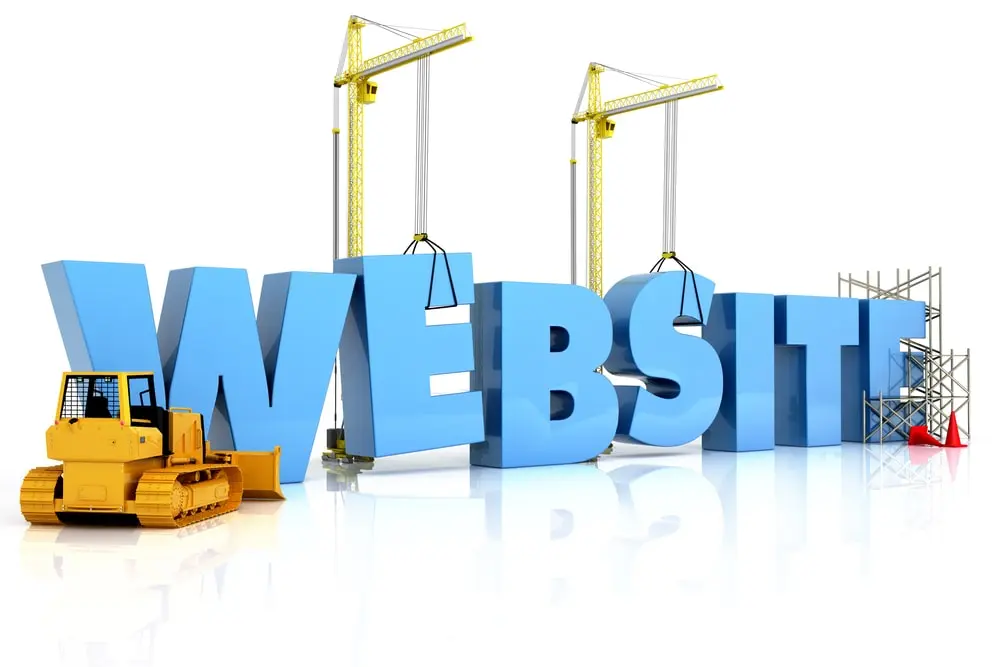Smart Website Cost Management: A Small Business Owner's Roadmap
Master the art of budget-friendly web development while maintaining professional standards and driving business growth
Posted by
 Sabyr Nurgaliyev
Sabyr Nurgaliyev
Introduction
You're a small business owner eyeing that perfect website, but your wallet's giving you the side-eye. Sound familiar? Let's talk straight about getting your business online without breaking the bank.
The Real Cost of Business Websites
Breaking Down the Numbers
Would you believe that most small businesses overspend on their websites? Let's crunch some real numbers:
| Website Component | Traditional Cost | Smart Alternative Cost |
|---|---|---|
| Domain Name | $10-15/year | $8-12/year |
| Hosting | $150-300/year | $50-100/year |
| Design | $2000-5000 | $200-500 |
| Maintenance | $500-1000/year | $100-200/year |
Hidden Expenses to Watch Out For
Boy oh boy, those sneaky costs can really add up! Watch out for:
- "Premium" themes that aren't really premium
- Unnecessary plugin subscriptions
- Overpriced maintenance packages
- "SEO optimization" that's really just basic setup
Smart Design Choices
Template Selection Strategy
Picking the right template isn't just about looks - it's about functionality matching your budget. Consider these factors:
- Loading speed impact
- Mobile responsiveness
- Update frequency
- Customer support quality
DIY Design Tips That Work
Who says you need a fancy degree to make your website look professional? Try these budget-friendly approaches:
- Use color psychology principles
- Focus on whitespace
- Implement consistent branding
- Optimize image sizes
Budget-Friendly Marketing Integration
Social Media Connection
Hot tip: Your website doesn't need to do all the heavy lifting!
Integrate these free tools:
- Facebook Business Pages
- Instagram Shop features
- LinkedIn company profiles
Content Creation on a Shoestring
Creating content doesn't have to cost an arm and a leg. Focus on:
- Customer testimonials
- Behind-the-scenes glimpses
- How-to articles
- Industry insights
Technical Optimization Without the Price Tag
Speed Optimization Techniques
Want to know the secret to a fast website without expensive developers? Here's the scoop:
- Compress images before uploading
- Minimize plugin usage
- Use caching
- Choose lightweight themes
Security on a Budget
Basic Security Measures
- Regular backups
- Strong passwords
- SSL certificates
- Limited login attempts
Advanced Protection
Learn about Web Application Firewalls
Content Management Strategies
Writing That Converts
Good writing shouldn't cost a fortune. Focus on:
- Clear, direct language
- Scannable content
- Strong calls-to-action
- Regular updates
Image and Media Management
Free Resources
Maintenance and Updates
Regular Maintenance Schedule
Create a monthly checklist:
- Update software
- Check for broken links
- Review analytics
- Test contact forms
When to Upgrade
Don't upgrade just because you can. Upgrade when:
- Site speed decreases
- Security risks emerge
- Business needs change
- Customer feedback demands it
Analytics and Performance Tracking
Free Tools That Matter
Why pay for expensive analytics when these work great:
- Google Analytics
- Google Search Console
- Bing Webmaster Tools
Understanding Your Data
Focus on these metrics:
- Bounce rate
- Page load time
- Conversion rate
- Mobile usage
Common Pitfalls and Solutions
Website Builder Traps
Watch out for:
- Hidden fees
- Limited customization
- Locked-in contracts
- Export restrictions
Budget-Friendly Alternatives
Smart alternatives include:
- Open-source platforms
- Community-supported themes
- Shared hosting plans
- DIY maintenance
Scaling Your Website
Growth Without the Growing Pains
Plan for growth with:
- Modular design
- Scalable hosting
- Flexible content structure
- Future-proof technology
When to Invest More
Time to scale up when:
- Traffic increases significantly
- Sales outpace capacity
- Customer needs evolve
- Competition intensifies
Frequently Asked Questions
Q1: What's the minimum budget needed for a small business website?
A: You can start with as little as $100-200 for the first year, including domain and hosting.
Q2: Should I use a free website builder?
A: Free builders can work for very basic sites, but consider paid options for better features and removal of branded advertising.
Q3: How can I reduce ongoing website costs?
A: Choose annual payment plans, limit plugins, use efficient hosting, and learn basic maintenance tasks.
Q4: Is cheap hosting reliable?
A: Many budget hosting providers offer reliable service. Research reviews and uptime guarantees before choosing.
Q5: Can I build a professional website myself?
A: Yes, with modern tools and some learning, you can create a professional site yourself.
Q6: How often should I update my website?
A: Plan for monthly maintenance and content updates at minimum.
Conclusion
Creating and maintaining a small business website doesn't have to drain your resources. With smart choices and strategic planning, you can build an effective online presence that grows with your business.
Additional Resources
Related Articles

Explore affordable websites for small businesses, offering practical tips and advice to build a professional online presence on a budget.
 Sabyr NurgaliyevOct 18, 2024
Sabyr NurgaliyevOct 18, 2024
Explore the world of affordable websites for small businesses, the key benefits, and why having a website matters now more than ever.
 Sabyr NurgaliyevOct 16, 2024
Sabyr NurgaliyevOct 16, 2024
Explore affordable web design options for small businesses, along with tips, tools, and common pitfalls to avoid.
 Sabyr NurgaliyevOct 14, 2024
Sabyr NurgaliyevOct 14, 2024
Explore affordable web design solutions for small businesses, focusing on simplicity, cost-effectiveness, and SEO-friendly platforms.
 Sabyr NurgaliyevOct 12, 2024
Sabyr NurgaliyevOct 12, 2024
Explore how affordable and cheap websites can benefit your small business, and what to consider when choosing the right one.
 Sabyr NurgaliyevSep 27, 2024
Sabyr NurgaliyevSep 27, 2024
Explore affordable website options for small businesses, find the best platforms, and learn how to get online without a hefty budget.
 Sabyr NurgaliyevSep 26, 2024
Sabyr NurgaliyevSep 26, 2024